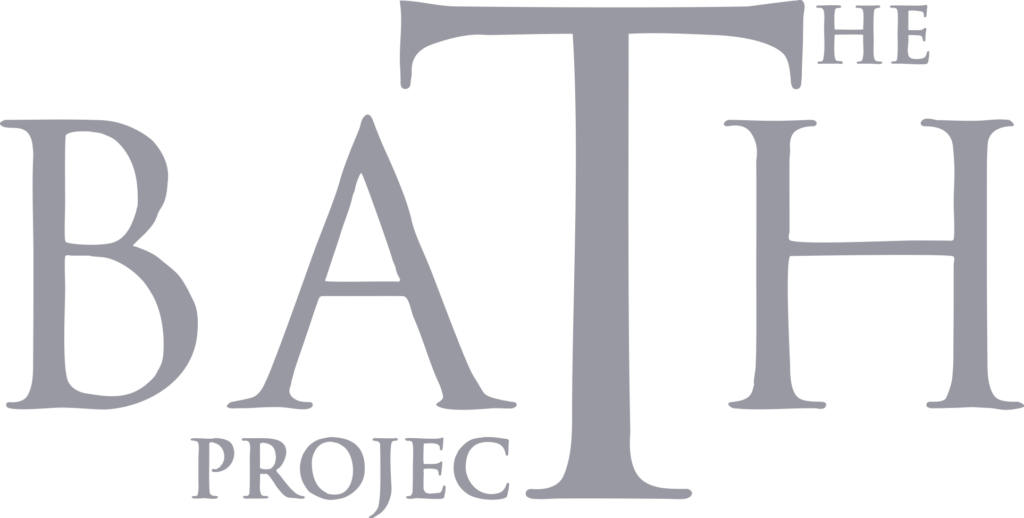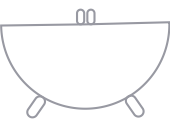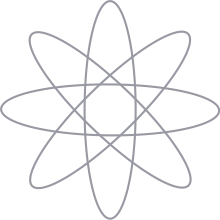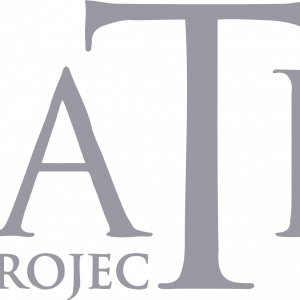Bathing Benefits Postnatal Self-Care
 Pregnancy and childbirth albeit a beautiful process is one that inflicts strains and stresses on the body and mind during pregnancy, within and post- delivery.
Pregnancy and childbirth albeit a beautiful process is one that inflicts strains and stresses on the body and mind during pregnancy, within and post- delivery.
A simple act such as taking a bath is essential in easing some discomfort and soothing a tired mind.
Many Doctors recommend a bath after delivery, however there are times when a bath would not be a suitable option so please ensure you take direction from your Doctor/Midwife before you do. For those who have stitches after delivery or for those who have had a caesarean birth you may well be advised to avoid a bath for four to six weeks.
In most cases a simple warm water bath, without any added extras can bring many benefits. The tension and fatigue experienced during childbirth can be improved by relaxing in a warm water, equally the warm water can help stimulate the circulation of blood around the body, relax muscles and ease any pressure inflicted on the joints.
Taking a bath and feeling clean and fresh is important for the mind as well as the body, and a perfect time to take a breath and recharge.
When bathing after childbirth it’s important that you do so safely, so before taking the plunge be sure to consider the following; that your Doctor/Midwife agrees that this is the right thing for you to do and ask how often you can take a bath, that your bath has been disinfected to avoid infection, that your water is warm and not hot (blood loss during pregnancy can make you light headed and dizzy), and that you have a clear unobstructed path to the bath with a towel and bottle of water near to hand, and where possible have someone nearby to assist you if required.
Once fully healed and the all clear has been given by your Doctor/Mid-Wife, having a bath can become a more pleasurable and beneficial experience and looking after yourself can only benefit your new baby.
For those mothers who are breastfeeding there will be a few restrictions to the ingredients you can add to your bath or indeed your skincare regime generally – salicylic acid, alpha hydroxy acids, glycolic acid, Vitamin A, Retin-A. It will also be important to ensure that your breasts remain as much as possible out of the water (not soaking), to ensure that any ingredients added to the bath do not affect the nipples. Be sure to thoroughly towel dry after each bath, especially in the areas that your baby will have most skin to skin contact.
We advise against the use of bubble bath products purely because of their chemical content which can strip the skin of its natural barrier leaving sore dry and irritated skin, and as well they can sometimes lead to urinal tract infections which is something you could well do without after what your body has just been through.
The general rule of thumb is that anything you can safely eat you can also add to the bath (we wouldn’t recommend chocolate however comforting that sounds!) so ingredients such as milk, honey, aromatherapy oils such as lavender, grapefruit or rose (avoid mint), sliced oranges or lemons, rolled oats (inside a teabag or piece of tied muslin), for natural colour add some orange juice or beetroot juice and to enrich and nourish the skin coconut oil or a little olive oil can be blended in. Most importantly add salt as this aids in detoxing the skin. Epsom salt is the most popular and easiest to obtain. Do not use table salt.
You can have a lot of fun rummaging through the cupboards to find the perfect ingredients.
Don’t forget your bath is running!
Spa Bath
For more ideas and recipes for your perfect bath please refer to our book ‘The Bath project – the Art and Science of bathing’ at www.thebathproject.com, but in the meantime here is (in our opinion) the perfect postnatal bath recipe for you to follow and enjoy!
Home Spa Bath Remedy
Benefits:
- Milk – contains lactic acid which gently exfoliates the skin
- Oat milk as an alternative contains vitamins B to help the skin rejuvenate
- Honey – has anti-inflammatory properties
- Beetroot juice contains vitamins and adds the beautiful colour
- Cinnamon is reduces blood pressure and helps regulate metabolism
- Vanilla helps with relaxation and sleep
- Bach rescue remedy balances the nervous system
- Coconut oil nourishes the skin
- Flower petals add visual stimulation
Recipe/Ingredients:
- 100ml milk/ or milk alternative like oat milk
- 2 tbsp of honey
- 100g Epsom/sea salt
- 100 ml of beetroot juice
- 1 tsp cinnamon
- 1/2 tsp vanilla natural extract for baking
- 3 drops of Bach Rescue remedy
- 1 tbsp of coconut oil
- Flowers petals
Directions:
- 25 min
- 41 degrees
- Relaxing music and book
- Scented candles
The Bath Project
For more great ideas and individual bath recipes to make at home, Dr Kubicka’s book The Bath Project is an authority on the subject and a comprehensive guide to the art and science of bathing.
To purchase the book – https://www.thebathproject.com/product/the-bath-project-book/.
The information provided is designed to provide helpful information on the subjects discussed. Any information provided is not meant to be used, nor should it be used, to diagnose or treat any medical condition. For diagnosis or treatment of any medical problem, consult your own physician. The publisher/author are not responsible for any specific health or allergy needs that may require medical supervision and are not liable for any damages or negative consequences from any treatment, action, application or preparation, to any person reading, watching, or following the information provided.
















